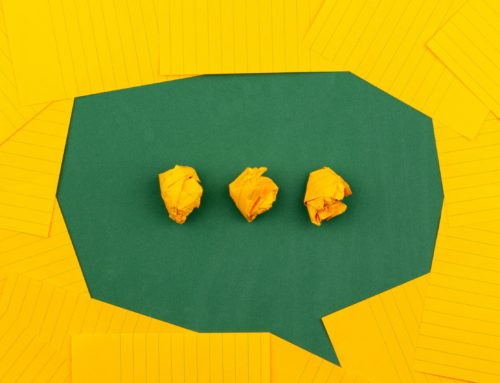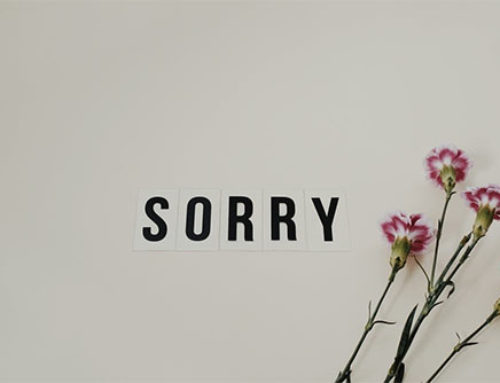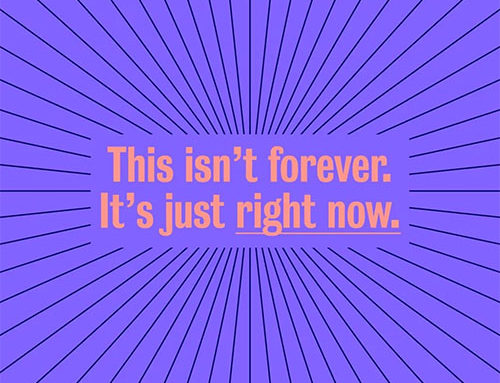The Trevor Project reported on ways LGBTQ+ youth may be vulnerable to negative mental health impacts relating to the COVID-19 pandemic. Some LGBTQ+ young people have been forced to quarantine in unsupportive or abusive environments. It is important that while lots of guidance and advice are floating around that we acknowledge everyone’s experiences are different.
Saying How You Feel
Provide those you’re quarantined with information about pronouns, names, etc. Opening up a dialogue and providing resources can go a long way.
Share Information
- Trevor Project’s Guide to Being An Ally To Transgender and Nonbinary Youth
- Gender Spectrum’s Resources
- LGBT National Help Center’s Glossary and TransAdvocate’s Glossary
- The Gender Book
- HRC’s Pronoun 101 Guide
Virtual Community
Participate in virtual shared activities such as online gaming, watch parties, or physical activity classes. Sites and extensions like Watch2Gether, Gaze, Twoseven, and Netflix Party help you sync streaming so you and your friends can enjoy watching movies—or binging TV—together. Lifehacker also has a list of popular board games you can play online with friends
- The Trevor Project has trained counselors available 24/7 to support you if you’re in crisis, feeling suicidal, or in need of a safe and judgment-free space to talk.
- TrevorSpace is a social networking site for lesbian, gay, bisexual, transgender, queer & questioning (LGBTQ) youth under 25 and their friends and allies.
- Q Chat Space is a bully-free online community of LGBTQ teens that can chat with other LGBTQ teens and trained staff from LGBTQ centers around the country.
- LGBT National Help Center’s Chatrooms
- Believe Out Loud has a list of LGBTQ-inclusive places of worship that live streams services online.
Safe Space
If your living situation allows, find safe spaces in the house. Close the door, take some time alone to reset.
Having Symbolic Objects
If you don’t feel safe to express your identity externally, find comfort through items that help you feel secure in your identity. Some examples:
- Pride flag in your room
- Photo of your partner/friend in your wallet or pocket
- Friendship bracelet from a peer or partner, etc.
Get Help
Finding a LGBTQ+ Friendly Therapist
- Search Psychology Today
- The National Queer and Trans Therapists of Color Network
- American Society Of Sex Educations, Counselors, and Therapists (ASECT)
- World Professional Association For Transgender Health (WPATH)
- RAD Remedy
- GLMA: Health Professionals Advancing LGBTQ Equality
- Planned Parenthood
- BetterHelp or Talkspace
- Pride Counseling





